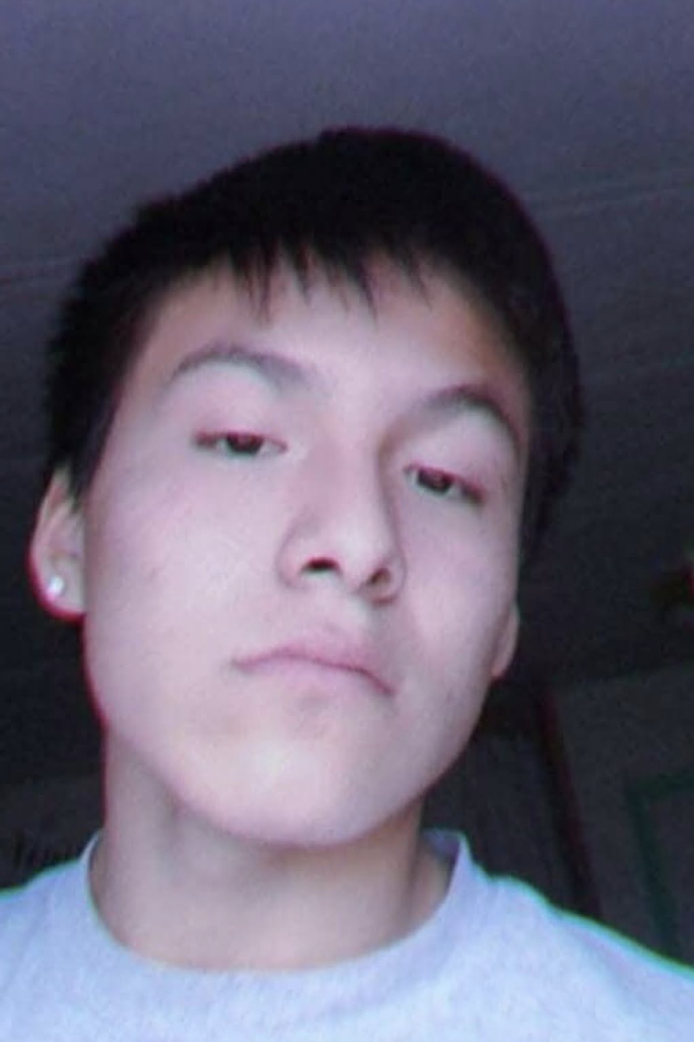This morning, a detailed briefing was held regarding the ongoing search for Renzo Bull Head, a 20-year-old student from United Tribes Technical College who has been missing.

Nearly 100 dedicated volunteers from various tribes and regions have joined the effort, reflecting a deep communal spirit of support and compassion.
Renzo was last seen on March 16, 2025, walking across the railroad bridge near Mandan, ND. The comprehensive search—employing boats, drones, horseback units, and search dogs—is in full swing to locate him and return him safely to his family. The Mandan Police Department has been providing regular updates and has committed to enhancing communication and empathy for Renzo’s family during this difficult time. It remains essential for the public to honor the tireless work of the search teams and to show compassion for all volunteers involved.
Chairwoman Alkire of the Standing Rock Sioux Tribe conveyed her deep gratitude to the volunteers and neighboring tribes for their steadfast support. “We want to thank everyone who has united to assist in the search for Renzo, including our sister tribes from North Dakota, South Dakota, and Minnesota. The generous contributions from the communities of Bismarck and Mandan have been truly uplifting. We recognize that this is an incredibly challenging period for Renzo’s family, and it also highlights the increasing number of missing persons in our tribal communities. Yet, in adversity, we find strength in our unity.”
A prayer was led by Renzo’s grandfather, urging searchers to carry pure intentions and to seek guidance from the natural elements—earth, water, and animals—as they continue their quest. A communal prayer meeting is scheduled for 6:00 PM - CDT at Steamboat Park, offering a space for reflection and solidarity before the evening debriefing at the UTTC gym.
Renzo’s family continues to plead for compassion and support as they search for their son, nephew, brother, and cousin. They are immensely grateful for the coordinated efforts among tribes and various organizations that have expanded the search operations, including:
-
Mandan Police Department, Bismarck Police, and North Dakota Highway Patrol.
-
United Tribes Technical College, which has opened its campus to assist the search.
-
The Spirit Lake Tribe, which has deployed a team of seasoned searchers along with drones for aerial surveillance.
-
The Mandan, Hidatsa, and Arikara Nation, contributing boats and sonar technology to support searches along waterways.
-
The Turtle Mountain Band of Chippewa, which has sent an emergency response crash team and is working in close collaboration with Burleigh County Emergency Services.
-
The Standing Rock Sioux Tribe, which is set to provide additional watercraft support in the upcoming days.
-
The Cheyenne River Sioux Tribe, joining with their search parties and watercraft.
-
Bloodhounds trained in water scent tracking, en route from Minnesota.
Each element of this multifaceted search operation underscores the united and compassionate response of the community during this distressing time.
More Stories Like This
Native News Weekly (August 25, 2024): D.C. BriefsNative Bidaské: The Illusion of Freedom and the Myth of America 250, Leonard Peltier Speaks Out
Monday Morning (March 2, 2026): Articles You May Have Missed This Past Weekend
Native News Weekly (March 1, 2026): D.C. Briefs
Scope Narrowed, Report Withheld: Questions Mount Over Michigan Boarding School Study
Help us defend tribal sovereignty.
At Native News Online, our mission is rooted in telling the stories that strengthen sovereignty and uplift Indigenous voices — not just at year’s end, but every single day.
Because of your generosity last year, we were able to keep our reporters on the ground in tribal communities, at national gatherings and in the halls of Congress — covering the issues that matter most to Indian Country: sovereignty, culture, education, health and economic opportunity.
That support sustained us through a tough year in 2025. Now, as we look to the year ahead, we need your help right now to ensure warrior journalism remains strong — reporting that defends tribal sovereignty, amplifies Native truth, and holds power accountable.
 The stakes couldn't be higher. Your support keeps Native voices heard, Native stories told and Native sovereignty defended.
The stakes couldn't be higher. Your support keeps Native voices heard, Native stories told and Native sovereignty defended.
Stand with Warrior Journalism today.
Levi Rickert (Potawatomi), Editor & Publisher


